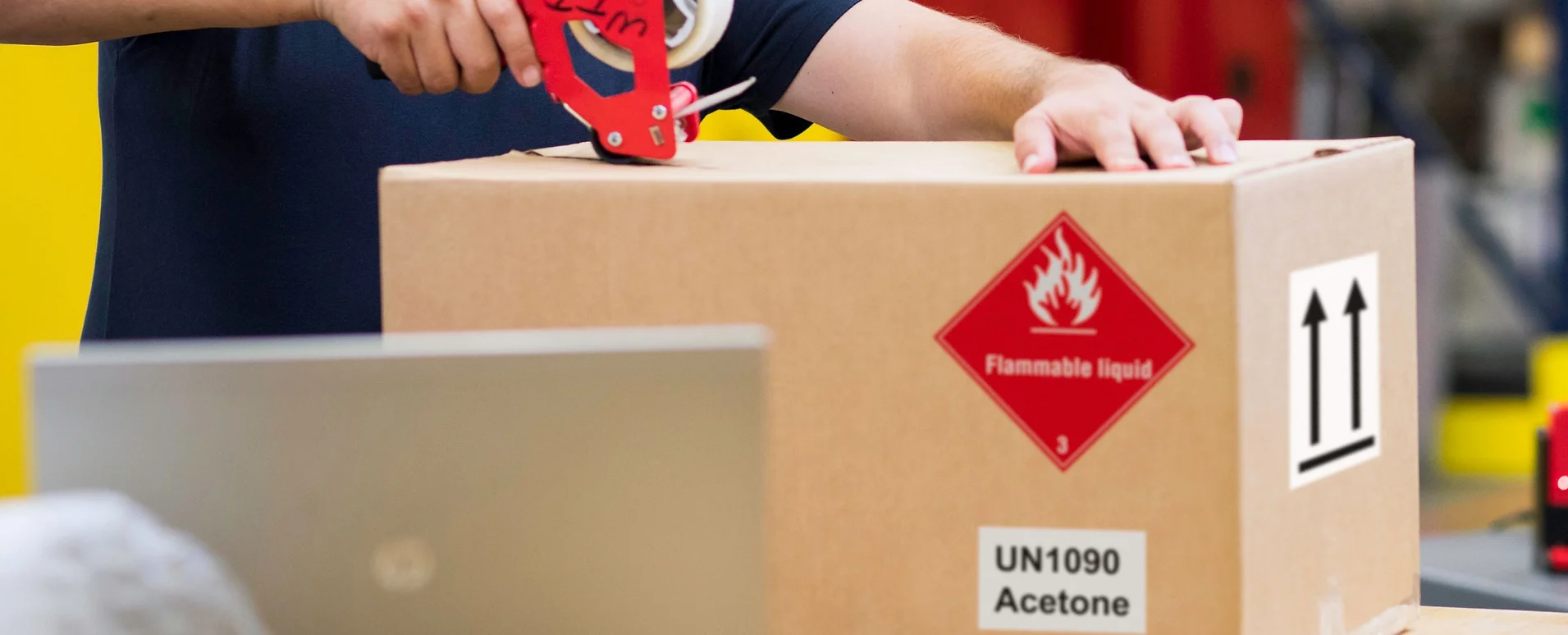
Cargo packaging is essential to ensuring the safety and integrity of the goods. Our service guarantees that the cargo will not be damaged and will have appropriate labeling.
The service includes:
Our experienced professionals assess your cargo’s characteristics, including size, weight, fragility, and transportation mode. They provide recommendations on the most suitable packaging materials and methods.
When choosing packaging material, we consider the weight of the cargo, its fragility, sensitivity to the environment, and temperature requirements.
1) Corrugated Cardboard – suitable for lightweight and moderately fragile items. It provides cushioning and protection against minor impacts.
2) Wooden Crates and Pallets – ideal for heavy, oversized, or irregularly shaped items. Offers sturdy support and protection.
3) Foam Packaging – provides excellent cushioning for fragile items and electronics. Foam can be custom-cut to fit the shape of the cargo.
4) Bubble Wrap – offers cushioning and protection against impact for delicate items.
5) Plastic Wrap and Stretch Film – useful for bundling items together and securing loose parts.
6) Heat-Shrink Wrap – weather-resistant and suitable for protecting cargo from moisture and dust during outdoor or marine transportation.
7) Dunnage and Cushioning Material – fill empty spaces in packages to prevent movement and absorb shocks.
8) Packing Peanuts – lightweight, loose-fill material that provides cushioning and support.
9) VCI (Vapor Corrosion Inhibitor) Packaging – used for protecting metal items from corrosion during transit and storage.
10) Reinforced Tape and Strapping – used to seal packages and secure cargo on pallets.
For cargo sensitive to water, rain, or condensation, we use packaging that prevents moisture ingress. We also have packaging options to protect cargo from dust and similar particles.
Proper labeling highlights important cargo details, such as fragility, direction, etc.
It can be:
1. Basic Label Information ( Recipient’s or sender’s name and address, contact information (phone number, email), destination country, and postal code).
2. Handling Instructions.
3. Unique Identifiers such as tracking numbers, barcodes, or QR codes
It helps to enable accurate tracking and tracing of the cargo.
4. Special Requirements such as temperature control, hazardous materials, or customs declarations.
5. Hazardous Materials Labels
If the cargo contains hazardous materials, we use appropriate hazard symbols and labels in compliance with international regulations (e.g., GHS, IMDG Code).
6. Custom Labels
For sensitive, high-value, or specialized cargo, we use custom labels that include additional information, branding, or security features.
7. Weather-Resistant Labels
We use weather-resistant labels to ensure that labels remain readable and intact, even if exposed to rain, humidity, or other environmental conditions.
For cargo sensitive to water, rain, or condensation, we use packaging that prevents moisture ingress. We also have packaging options to protect cargo from dust and similar particles.
In some cases, we insure not only the cargo but also its packaging against possible damage.
TopTrans is a company with 7 years of experience in the international transportation of all types of cargo. Service enables land, sea, air, and rail shipments.
© 2024 toptrans-global.com. All Right Reserved.